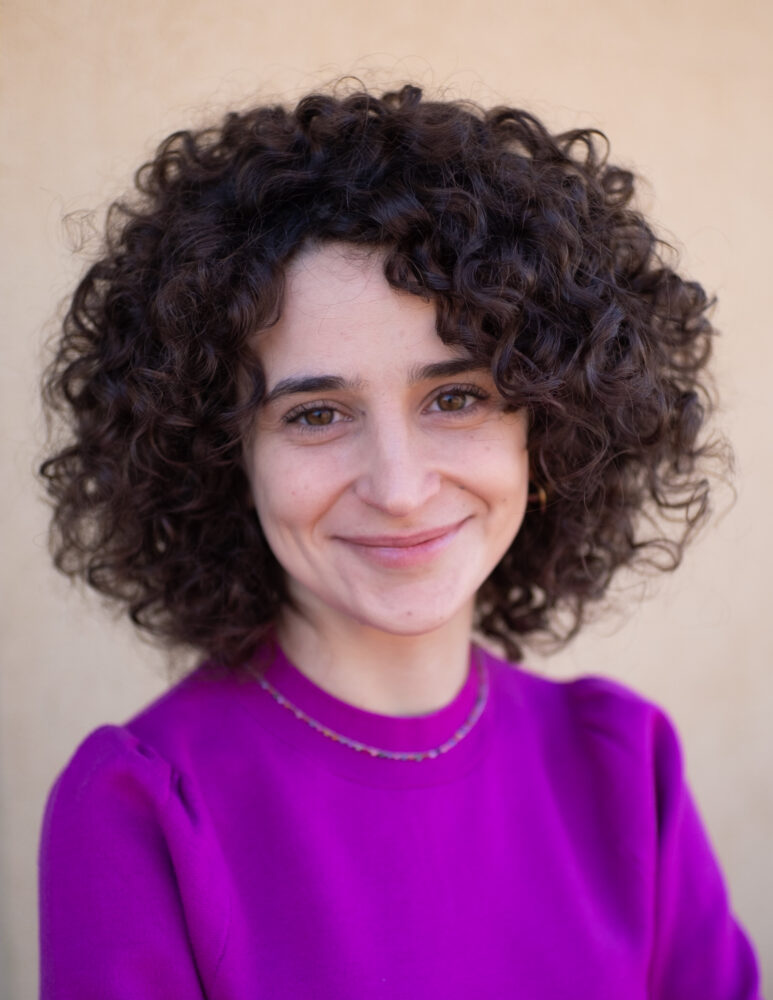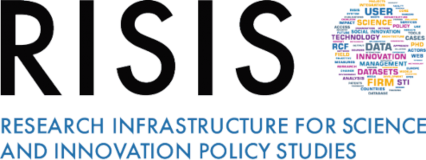
Interview with Francesca Rizzo who has just been awarded the Max Planck Society’s Otto Hahn Medal for original and ground-breaking work into the kinematic and dynamical properties of high-redshift galaxies.
Francesca Rizzo is 31 years old and is a DAWN/Interactions Fellow at the Cosmic Dawn Center , a research center located in Copenhagen at the Niels Bohr Institute. In 2022, she was awarded with Otto Hahn Medal for original and ground-breaking work into the kinematic and dynamical properties of high-redshift galaxies. Every year since 1978, the Max Planck Society awards the young researchers for outstanding scientific achievements. Francesca has a master’s degree in Astrophysics and Cosmology, she studied at University of Bologna (Italy) and she obtained her Bachelor in Physics at University of Pisa (Italy). She was born in Casarano, a small town located in Puglia, a beautiful region in the southern part of Italy.
Alessia Fava
Being a woman and a young researcher. What does it like growing up with the aim to contribute to scientific research with your precious work?
It’s cool as I know that my contribution, even if small, adds a crucial piece of information to my scientific field, the study of the assembly and growth of primordial galaxies. I am proud of giving my contribution to this area of research by inquiring, finding innovative solutions to problems, and setting new goals.
As a woman, I know that I have a huge responsibility towards the new generations as I would like to become a role model for all girls (and minorities) that want to start a career in a STEM field.
RISIS, Research Infrastructure for Science and Innovation Policy Studies, aims to promote an open data research infrastructure in the field of Science, Technology, and Innovation Studies. The H2020 project also supports young researchers and stimulates their willingness to investigate in their own sector, thanks to the availability of data. Moreover, the European project organizes free training and methodological courses on the use of data. How relevant is it to support young researchers with such initiatives?
Such initiatives allow young scientists to realize the importance given by EU institutions to the growth and development of a research community able to tackle the challenges of modern society with cutting edge tools and methodologies.
You come from a small town from the southern part of Italy. Can you tell us about difficulties met during your path? From Puglia to the Cosmic Dawn Center in Copenhagen. During your studies did some key-figures lead you? What about your childhood? Did you ever imagine when you were a child dedicating your research to galaxies? Who is your scientist and role model?
There are many people that have continuously inspired me, from my childhood up to the present days. During my infancy, I was particularly inspired by the passion and hard-working of my teachers. When I was a teenager, my source of inspiration was my Physics teacher and his lectures about philosophy of science. Now, as a young researcher my role models are researchers that are involved in many activities, from outreach for kids and disabled people to activists that work for making academia more inclusive. All these people have helped me to understand that doing research is not only just sitting in front of a computer and solving equations but it’s also having a positive impact both on the general society and on the research environment.
You have been awarded recently with the prestigious Otto Hahn Medal for your original work. Can you tell something about your research, how and why you decided to investigate more galaxies? What did you feel when you were aware you contributed to discovering something new?
The Universe is dominated by so complex phenomena that we do not yet have a comprehensive view of how galaxies, such as the Milky Way, were born and grew. Despite new insights having been achieved in the field of galaxy formation theory in the last years, the history of the young, distant Universe is one of the outstanding puzzles of modern astrophysics. The curiosity in exploring a field which is almost completely new brought me to choose a PhD project on distant galaxies, and to change the targets of my research with respect to my Master thesis, mainly focused on nearby galaxies. I was so enthusiastic and eager to discover something new. During these years, I realised that studying distant galaxies is like opening a treasure box: the more you dig into the data, the more questions are raised on the evolution of our Universe.
What does it mean being a young European researcher today? Do you feel EU policies in the European Research Area are supporting enough young researchers in performing their research? Advantages and criticalities.
One of the great advantages is the presence of European Research Council grants that support scientists at different career stages, helping them to lead cutting-edge research. Many researchers from the US, for instance, envy such a scheme.
Criticalities: many, I can list a few of them here:
The lack of transparent, predictable and flexible career prospects for EU postdoctoral researchers as well as clear conditions for progression to continuing career as a researcher;
The growing number of short-term postdoctoral positions (e.g., one of the most prestigious EU postdoctoral fellowship, the Marie Curie Skłodowska has a duration of 2 years) lead to precarious working conditions and a lack of long term prospects. Both have implications on the researchers’ personal lives, for instance in terms of formation of family and access to housing;
The lack of homogeneity within EU countries. Some European countries (for example Italy and Spain) do not recognise the legal value of a PhD taken in another European country with strong implications on the direct access to job applications;
International mobility is an essential part of the research system. However, in the EU there are many barriers for non-EU researchers due to the lack of an adequate immigration rule scheme that takes into account the mobility of researchers within European countries.
The identity card of a good researcher. Could you list a series of qualities you consider important to become a researcher?
To become a good researcher you must be curious, open-minded, gregarious, determined, devoted to the specific field of research.
RISIS Community is very large in Europe and beyond, partly represented by young researchers like you. What do you suggest to the ones that haven’t found their own path?
I would suggest finding a research topic that makes them curious and enthusiastic. This is the only way to really enjoy research and continuously ask new questions and set new goals.
Responsibility and freedom of science. The international framework is very complex due to the pandemic emergency of COVID-19 and the war in Ukraine. How can science support societal challenges and help our modern societies as well as the citizens, promoting the cooperation for innovation?
We are living in an era where cutting-edge instruments, crucial for the future discoveries, have been built only thanks to the collaboration among many countries. Such kinds of collaborations have a great social impact as they allow removing the cultural barriers. For this reason, one of the main responsibilities as scientists is to communicate to citizens that any new challenges in the future can be faced only thanks to collaboration and dialogue among countries all over the world.




